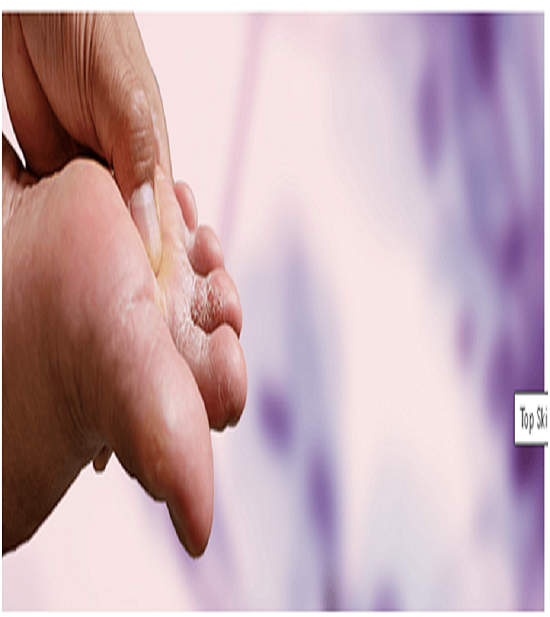
Fungal Infections Of The Skin And It’s Resistance - A Rising Menace
Skin is one of our body's most overused organs. Small rash occurrence is only taken lightly and typically treated by patients from pharmacies or home remedies over the counter medications. While any skin condition is not life-threatening, proper dermatologist care ensures improved quality of life in terms of control and scratching of such disease.Fungal infection of the skin:The Fungal infection of the skin is commonly called ringworm. It is not a major disease but its inadequate treatment makes it a major one because it affects your daily life. People suffering from these infections have severe itching often at night and have red patches of colour in particularly groin covered areas of the body. It may also be present as changes in the colour of the nail or patch of hair loss.The rise of fungal infections on the skin:Dermatologists have encountered a troubling problem in their clinical practice in recent years as a result of a rise in skin fungal infections. This usually starts with one member of the family and then continues to include other family members due to close contact, poor personal hygiene and improper use of counter medications. It can spread from one person to another through either direct contact with the infected person, or by sharing everyday objects. The over the counter medications that offer initial relief is typically a mixture of drugs containing topical steroids that accidentally harm the skin. The extensive use of topical steroids has increased the development of disease and made it an epidemic.
Insufficient use of antifungal medicines (creams/tablets) in terms of dosage or length can contribute to the development of drug resistance. Infections with skin fungal typically require at least one-two months of treatment. Many patients leave the medication suddenly as the illness goes down or do not want to take the necessary time for treatment. The infection returns in no time when the medication is stopped suddenly and not administered according to the prescribed course. Infection recurrence would typically need to be treated with a higher dose or longer antifungal duration. Occasionally infection is so resistant that only 6 months of treatment are inadequate to remove the fungus from the body. The multiple factors that may lead to recurrences include insufficient care, poor treatment adherence, improper or ineffective treatment of close contacts or family members, resistance to antifungal medications, use of topical antimicrobial agents and self-medication.The need of the hour concerning fungal skin infections is to avoid self-medication, which is not recommended to buy medicines/creams on the counter as suggested by family members/neighbours.If you are having a fungal infection, consult the Our Dermatologist or visit Cauvery hospital .